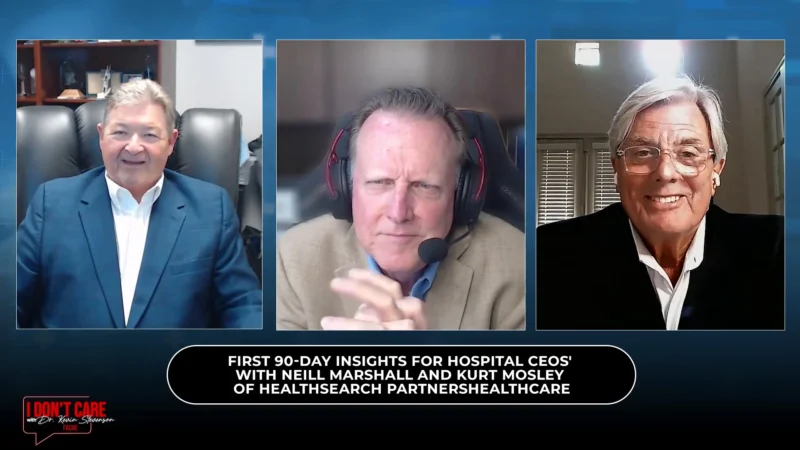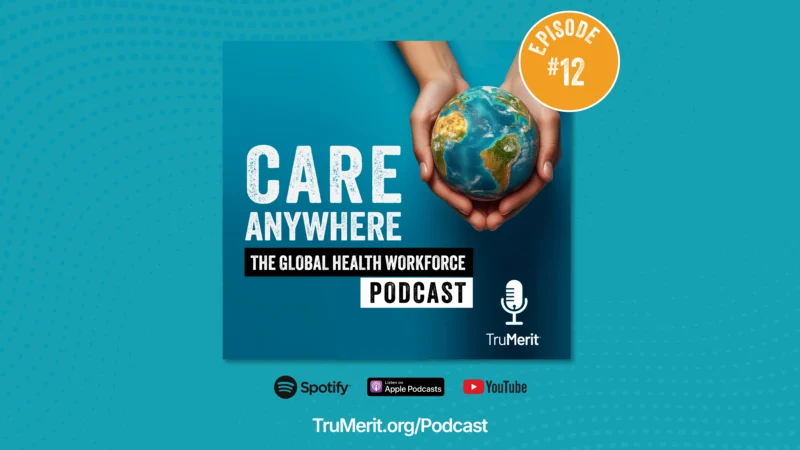The Elevated Employee Experience: Embracing Growth Through Continuous Learning with Mary McGrath
As a Training Specialist in A/R Services at ElevatePFS, Mary McGrath brings a passion for continuous learning and development to everything she does. Starting as a claims representative just over three years ago, Mary has grown into a role where she now helps others build the same skills and confidence that helped her succeed.
In a constantly evolving industry, Mary values the opportunity to learn alongside colleagues and adapt to change as a team. Her appreciation for shared knowledge and collaboration reflects ElevatePFS’s culture of continuous growth and support.
Through both teaching and continuous learning, Mary plays a key role in strengthening the organization, one training session at a time.
ElevatePFS is committed to developing talent from within, equipping team members with tools to thrive in a fast-paced, mission-driven environment. The company fosters a strong learning culture that supports both individual growth and collective success.




